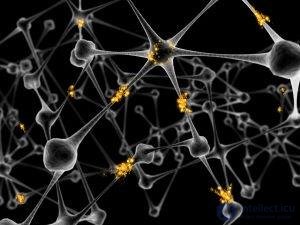Lecture

The main goal of the research is to study the possibilities of using spike neural networks in the tasks of robot control and self-learning.
The creation of fully autonomous systems capable of learning and acting in the human infrastructure is the main area of research of modern robotics. The ability of biological organisms to learn and act in a complex environment directs the gaze of scientists to study the mechanisms of learning and information processing in the brain. On the basis of research data in the field of neurobiology, a new type of artificial neural networks, spike neural networks, has emerged and is constantly being refined.
Spike neural networks are the third generation of neural networks. Unlike the previous ones, for the exchange of messages, neurons in these networks use pulses, or spikes - short-term voltage changes. The delay time between pulses and the frequency of their arrival is a different way of encoding information that differs from the networks of the second and first generations. Responding to input stimuli, spike neurons, using the mechanisms of synaptic plasticity, are able to group into ensembles - thus the information capacity of the network is potentially increased, since information is stored distributed, and the same neurons can participate in different ensembles at the same time.
The use of spike neural networks for the tasks of controlling and processing the data flow of sensors is due to their temporal nature of data processing. Also, the ability of biological systems to learn allows us to assume that networks built according to their similarity will be able to exhibit similar properties. However, this area of research is very young and requires clarification of the models and mechanisms of interaction of neurons themselves. This area is under scrutiny from the world scientific community, and recently received a new impetus to research caused by the increase in productivity of computing technology, which allows to simulate spike neural networks with a significant number of neurons.
Main areas of research:
Comments
To leave a comment
Machine learning
Terms: Machine learning